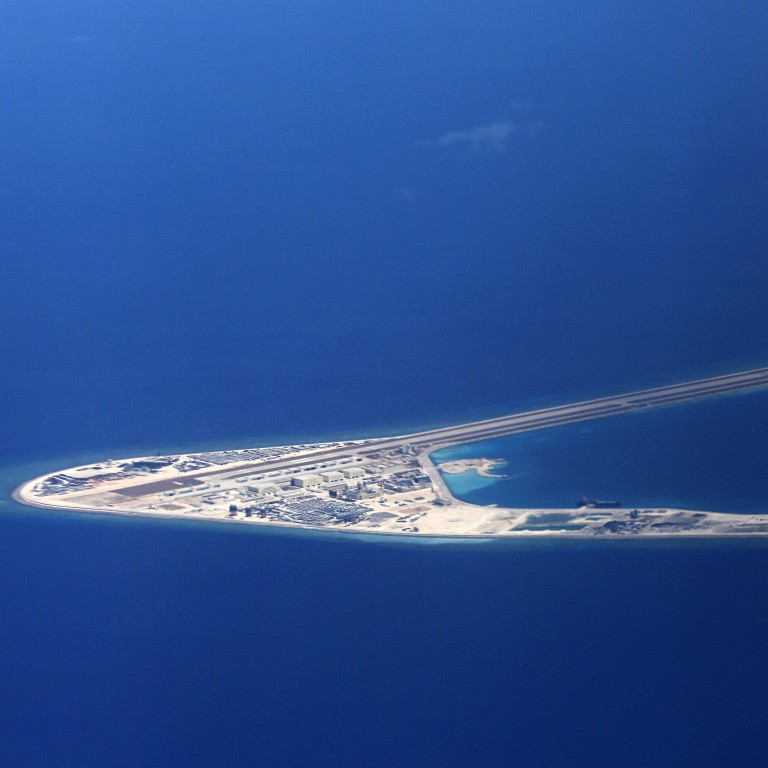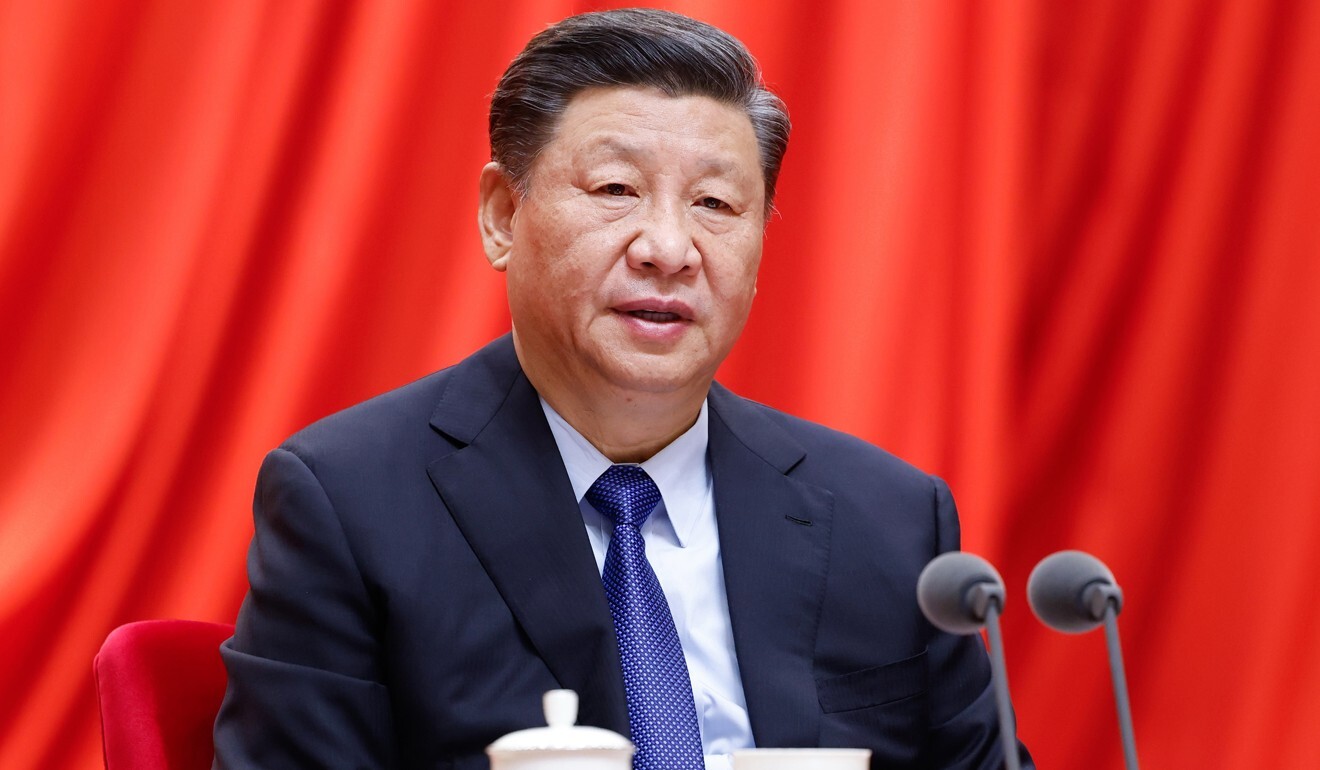
Xi Jinping says China has a legal problem: finding the lawyers to defend its interests abroad
- President has raised concerns about a lack of legal talent, calling it ‘a security risk’ in a speech two years ago that was recently made public
- Observers say there is a growing awareness among the leadership that Beijing is at a disadvantage in international disputes
This is the first in a series by the SCMP looking at how China’s legal system has changed over the decades and some of the challenges it faces today. Here, Jun Mai looks at how Beijing struggles to make its case on the international stage.
“A large amount of foreign-related affairs of Chinese companies are in the hands of European and US-based law firms, and there’s a very big security risk in this,” Xi told the country’s top law enforcement body in February 2019.
“The relevant departments must come up with a solution and resolve to tackle the problem,” Xi said in the speech, which was published in an official collection of Xi’s remarks on “comprehensively ruling the country by law”.

01:30
Hague rules against China in South China Sea case
Since then, discussions about how to better handle similar international legal disputes have gained traction among China’s foreign policy community.
In his 2019 speech, Xi urged for international disputes to be effectively handled “from a legal perspective”, and he raised concern over the dearth of Chinese talent in international law, saying this had to be addressed to support the country’s expanding overseas business interests.
Xi also wants more Chinese legal professionals on international bodies. “We must recommend more legal talent to take positions at international economic, trade and arbitration organisations, to proactively take part in – and hopefully lead – the effort of rule-making … to increase the influence of our country in global governance,” he said.

Wang Jiangyu, an international law professor at City University of Hong Kong, said the increasing international scrutiny of Chinese companies in sensitive sectors could be driving the legal concerns.
“Areas that might not have looked that sensitive in the past have become increasingly so under the changing geopolitical environment,” he said. “Companies that deal with artificial intelligence are considered quite sensitive now, for example.”
He said state-owned enterprises were also a focus, given their links to the Chinese government and that some were in strategically important sectors like natural resources and energy.
In the most prominent international legal battles, Chinese companies have been represented by local firms. TikTok, for example, the hugely popular short video social media platform, hired a team of lawyers headed by Beth Brinkmann – who was deputy assistant attorney general in the Department of Justice under Barack Obama – to challenge Trump’s executive order against the company last year.
The real issue is control. Xi wants to see party control over the flow of information, as well as control over legal services and strategies
According to James Zimmerman, a partner in the Beijing office of international law firm Perkins Coie and former chair of the American Chamber of Commerce in China, Xi’s main concern with using foreign lawyers seems to be about control.
“Foreign lawyers are bound by confidentiality and privilege and risks are low on potential leakage of confidential information,” Zimmerman said. “The real issue is control. Xi wants to see party control over the flow of information, as well as control over legal services and strategies.”
He said it was in the interests of Chinese companies to have the best legal team possible.
“Even sophisticated Chinese companies would know that they need to retain qualified counsel and would never retain a Chinese law firm by default,” Zimmerman said.
But Wang from CityU said it could take two to three decades before there was a sizeable pool of legal talent available to take on international cases.
He said the main obstacles were the language skills needed for legal debates in English and proficiency in the common law system, which Chinese lawyers were not familiar with.
“It’s also difficult to find qualified lecturers in China [to train lawyers],” Wang said. “I don’t think native English speakers would be allowed to teach international law in China’s universities for political and other reasons.”
South China Sea: how the US Navy aims to better home in on targets
He Zhipeng, a law professor with Jilin University, estimated that less than half of the international law graduates from China’s major law schools in recent years had landed jobs in the area.
One reason was that there were not enough government positions available in international law, said He, who is also a vice-director of the semi-official Chinese Society of International Economic Law.
He said strict limits on headcount had made it difficult to recruit new talent for places like the Department of Treaty and Law under both the foreign and commerce ministries, or in Chinese embassies that do not have legal advisers.
Nevertheless, there have been initiatives to encourage more Chinese to go into international law over the past decade. And this year, the justice and education ministries launched a joint scheme aiming to recruit about 400 international law students annually for master’s programmes at 15 universities across China. The universities have partnered with local law firms to offer the students further training, said He, whose university is taking part in the initiative.
“As China’s power continues to grow, these things will be achievable,” he said. “It just takes some time.”




